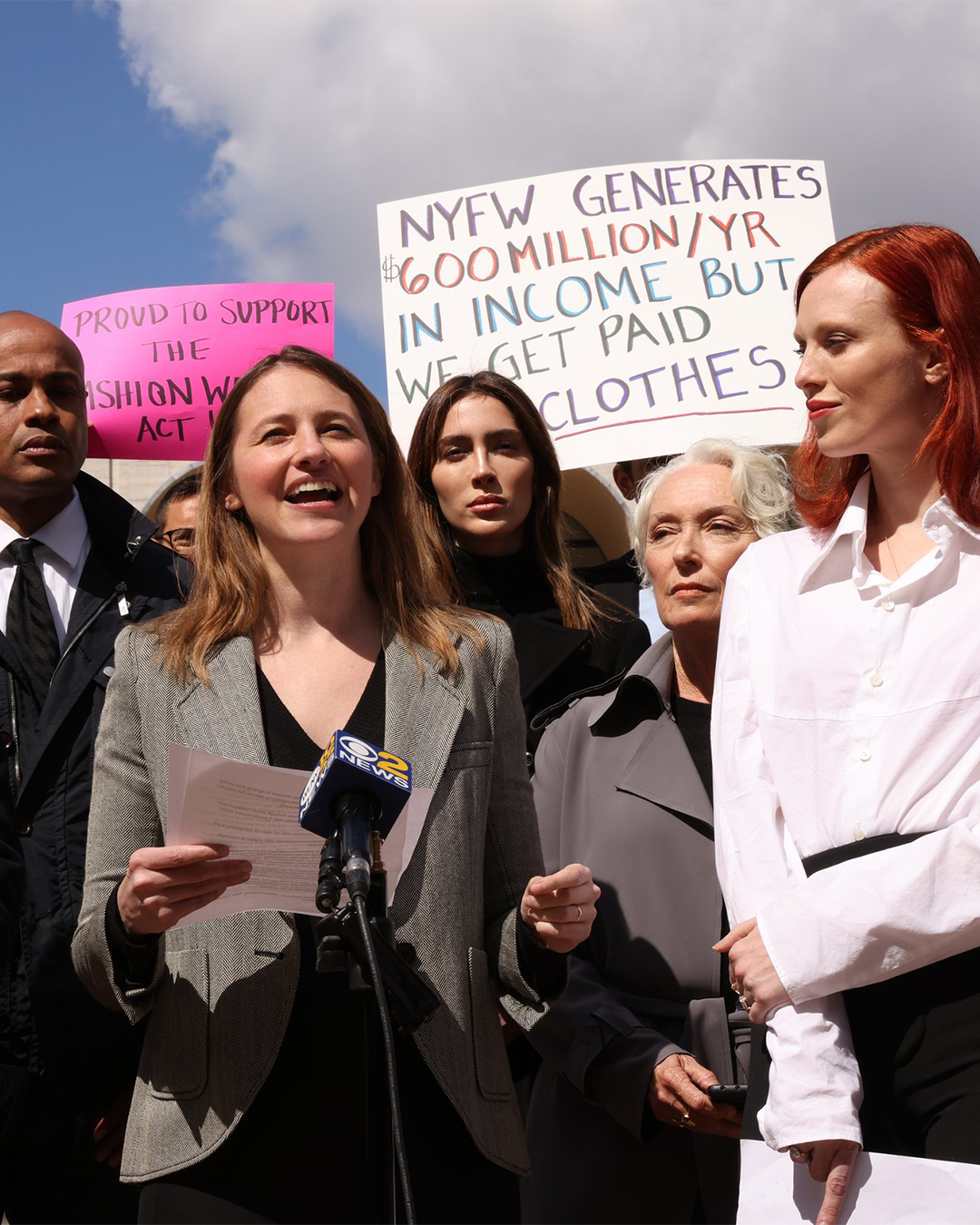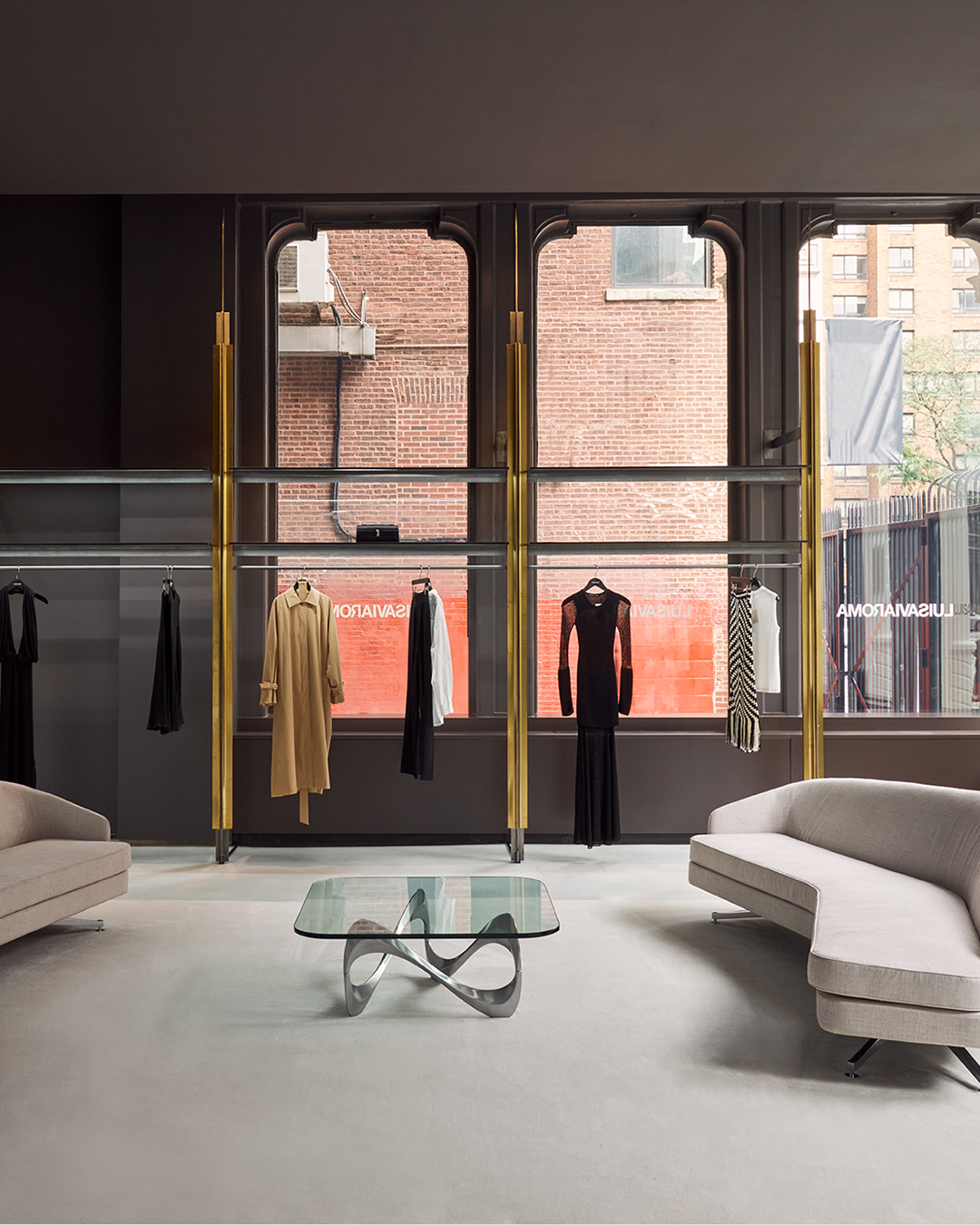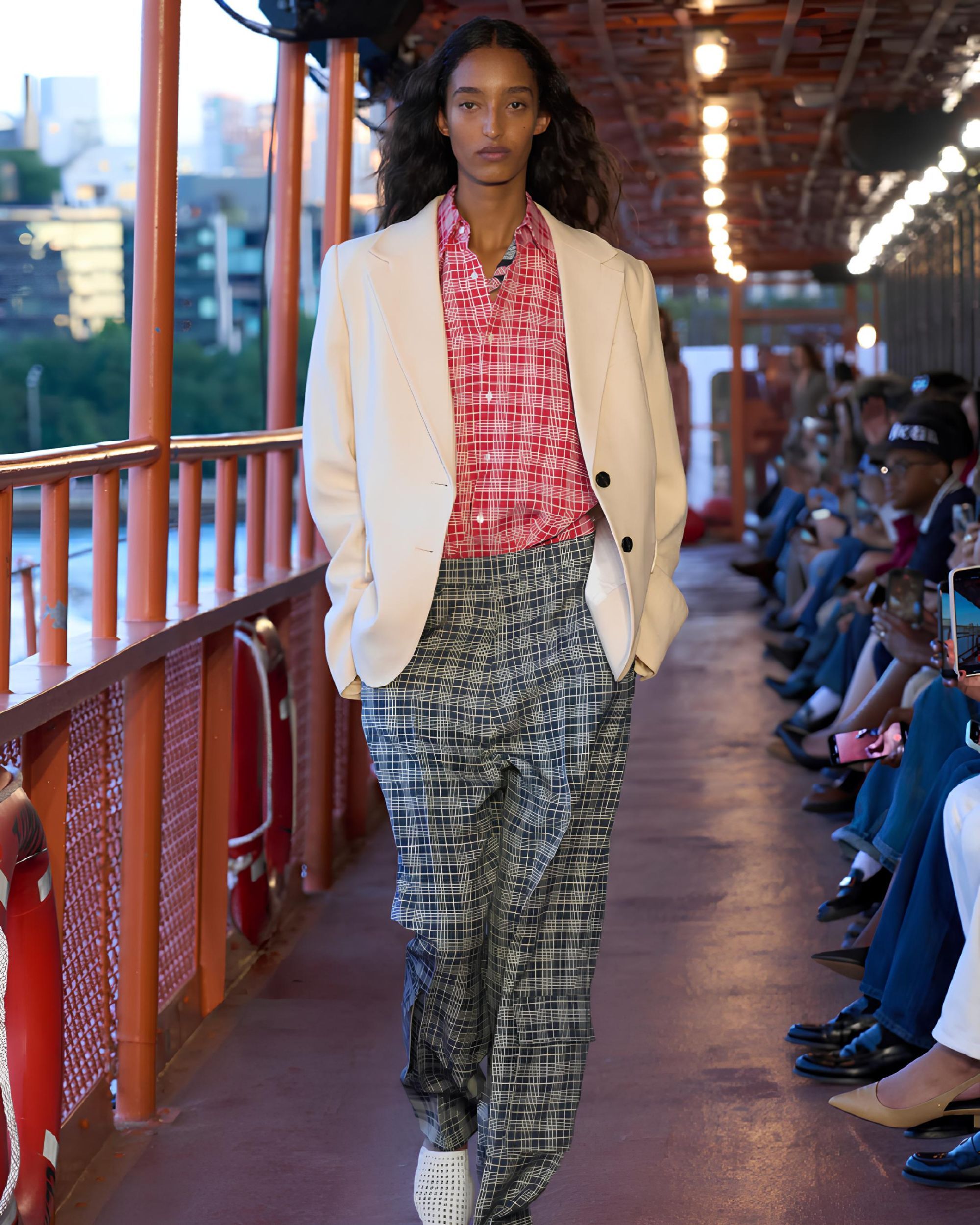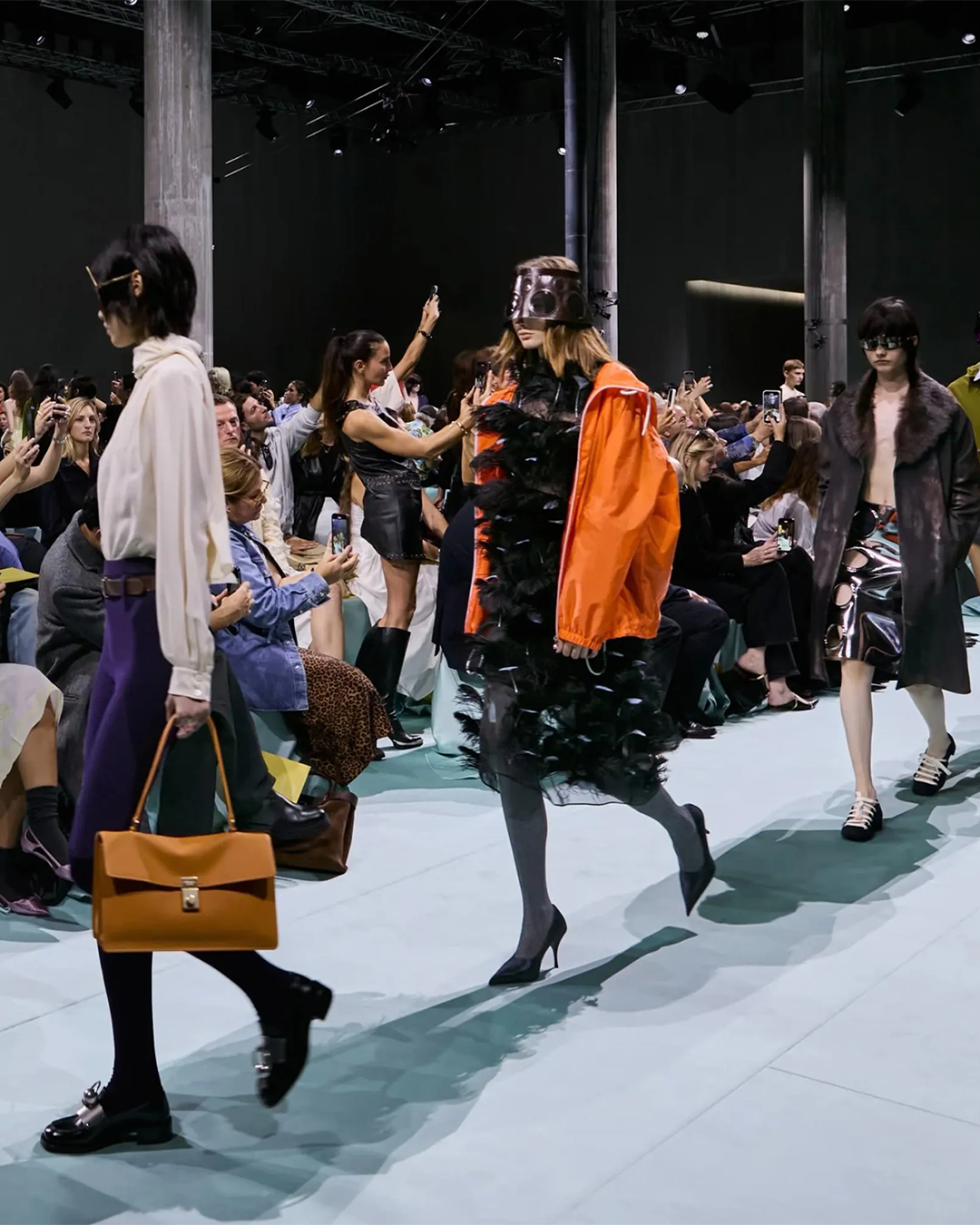
Why does Italy not have a Fashion Workers Act? The answer reveals a very serious ideological problem
«Don't be ridiculous, Andrea. Everybody wants this. Everybody wants to be us.» It was 2006 when Miranda Priestly, Meryl Streep's character in The Devil Wears Prada, delivered this line. A line that, since then, has become a symbol of the allure and complexity of the fashion world. An industry as captivating as it is selective, where sacrifices and compromises are often considered a necessary step. Demanding working conditions, exhausting hours, irregular payments, and job insecurity remain widespread issues frequently justified as "necessary" stages to gain experience or advance a career. However, this mantra is slowly losing strength, at least in the rest of the world. Various investigations, including one by The Guardian, have shed light on internal dynamics, highlighting how many workers and creatives in the fashion industry face low wages, nonexistent contracts, and unfair working conditions. In the United States, things are already changing: in New York, the Fashion Workers Act, introduced in 2022 and effective from June 2025, is a legislative measure protecting workers like models, photographers, stylists, and freelance creatives against contract abuses and payment delays. This progress, also prompted by an open letter signed by over 200 top models, including Christy Turlington and Helena Christensen, is a significant signal for the entire sector. In England, meanwhile, a different approach has been adopted. Celebrity stylist Michael Miller, co-founder of the Fashion UK Union, explains: «It’s about making the industry more regulated and ensuring people are treated fairly». However, many professionals are afraid to speak out publicly. According to Vogue Business, the fear of retaliation is real: «Many creatives fear having a target on their back if they speak out,» the report states. While in the United States and England there are increasingly strong signs of radical change, in Italy, the fashion landscape remains relatively outdated.
@jordannkelsey The fashion industry is brutal, emotionally and physically #fashionindustry #fashionstylist #fashioncareer #fashionjobs original sound - Bela
Italy, the homeland of luxury and creativity, has yet to adopt any similar measures. This is despite the economic weight of the sector: according to Il Sole 24 Ore, although in decline, fashion is worth about €97.7 billion and represents 13% of the national GDP. Furthermore, it involves over 580,000 workers, according to data from Confindustria Moda. But behind the glamorous fashion shows, the reality is quite different, and not only individuals feel the challenges. Many companies, especially small and medium-sized enterprises, struggle to survive. The closure of Bally’s hub in Florence last December is an emblematic example. Workers, often freelancers, face low wages, delayed payments, and job insecurity, justified by the prevailing notion of viewing such roles as indulgences or hobbies. Despite its central role on the international stage, Milan retains a retrograde approach to the issue. With every Fashion Week, the limits of a system that romanticizes sacrifice as part of success become increasingly apparent, stemming from outdated paradigms. Proof lies in the recently concluded Milan Fashion Week Men’s dedicated to the FW25 season, characterized by a disappointingly sparse calendar. According to IndustriAll Global Union, «more than 90% of fashion industry workers lack the ability to negotiate their wages and working conditions.»
The series/survey “Debunking the Dream” conducted by Vogue Business on over 600 professionals reveals a concerning picture: systemic discrimination, burnout cultures, and unsustainable lifestyles are pushing many to leave the industry. Tamara Cincik, CEO of Fashion Roundtable, emphasizes: «Fashion is a career, not a hobby, and it needs to be treated and paid as such to retain talent, especially from working-class backgrounds». What if the dream of fashion fails to meet expectations? The industry risks a mass exodus of talent, a widely debated issue that Fashion Critic at Large for The Cut, Cathy Horyn, highlighted some time ago in discussing the talent problem. In short, new scenarios, old problems. The Fashion Workers Act is not just a law but a clear message: even an industry like fashion must respect workers' rights. In Italy, however, the dominant narrative continues to exalt tradition and excellence, perpetuating the fairy tale of fashion while ignoring the daily struggles of those working behind the scenes. Fashion is not a privilege: it is an industry, and as such, it must be regulated. Only then can a sustainable future be guaranteed for those contributing to one of the most representative sectors of Made in Italy.















































